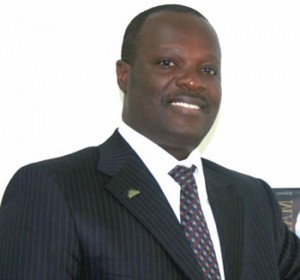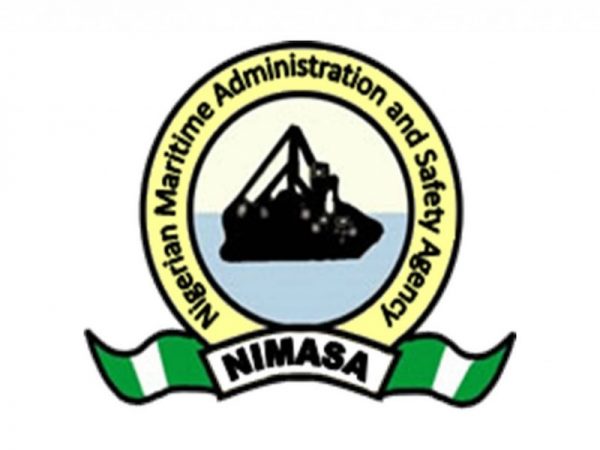Business Aviation Yet to Be Effectively Regulated in Nigeria-CEO Overland Airways

The Chief Executive Officer of Overland Airways, Captain Edward Boyo has said that business aviation, which constitutes about 50 per cent of airline operations in Nigeria, is not effectively regulated in the country.
Boyo stated this in a paper he delivered at the Business Aviation Forum, which was held recently in Lagos. Business aviation is the use of any general aviation aircraft for a business purpose.
“Business aviation is a relatively new area of increased activity which is yet to receive the level of regulatory attention as the scheduled commercial aircraft operations in Nigeria which has attracted strong regulatory attention over the years over safety, security and other concerns,” he said.
The CEO of Overland Airways said the effectiveness of the Nigerian Civil Aviation Regulations (NCARs) was dependent on NCAA’s overall capacity and capabilities, as well as the willingness among operators to comply with its regulation.
“The major area of difficulty and resistance to NCAA regulation is the use of licences and certificates for unapproved operations, for example, using licences for private operation to carry out commercial operations. This has prompted the NCAA to issue directives to operators to regularise their licences and certificates and streamline their operations. Business aviation is a major contributor to economic growth and development and should be given adequate political support to thrive,” Boyo said.
He stated that policy and regulation should be reviewed and implemented, where the regulators also get enhanced capacity and funding, while operators must decide to obey regulations, and ensure that their licenses and certificates are used for the purposes approved by the NCAA and not engage in illegal operations
“There is the need to continually enhance the processing of flight permits and related documentations. All stakeholders should work towards improved funding, insurance, and other support for business aviation in Nigeria. To drive safety, capacity development and safety management systems where applicable should be emphasised among business aviation operators. NCAA should beef up its technical capacity to strengthen its regulatory oversight,” Boyo said.
He advised that government should strengthen the enforcement of regulation and policies to ensure fair play in the business aviation sector, adding that operators should contribute to the development of local capacity and periodically, business aviation policy and regulation should be reviewed in line with current global practice and dynamism of the industry
“Government should provide incentives to encourage local registration of business aircraft as opposed to foreign registration. While providing for adequate capacity, security regulation should be beefed up in the face of emerging threats,” he said.
Boyo remarked that though the Nigerian aviation marketplace has been dominated over the years by scheduled commercial aircraft operation, business aviation has made a significant impact in the market over the last five to 10 years, noting that it is estimated that close to 150 business aircraft exist in Nigeria today owned by government, corporate organisations and individuals.
According to him, over 200 business and private flight clearances are processed by NCAA monthly and over 50 per cent of the civil aircraft registered in Nigeria are used for business and general aviation operations. Also, more than 80 per cent of helicopters registered in Nigeria are used for business aviation operations.
“Nigeria has been described by aircraft manufacturers, trip management companies and aircraft management companies as a market with huge potential. Business aviation activities in Nigeria are most notable at major economic hubs like Lagos, Abuja, Port-Harcourt, among others Nigeria is laying new emphasis on establishing dedicated facilities for business/general aviation at major business aviation hubs including Lagos and Abuja and helicopter activities are most notable in on-shore and off-shore oil and gas producing regions,” he also said.
The Overland CEO stated Nigeria remains one of the largest business aviation markets in Africa with continued growth expected over the next 15-20 years, disclosing that the demand for business aviation is principally fuelled by activities in the oil and gas sector, but remarked that there are expectations that growth in business aviation in Nigeria would marginally reduce after the general election since political activities would wind down.
“Nigeria is one of the few countries in Africa where private sector efforts in FBO are indeed notable. Economic growth in other parts of Africa, Europe, Middle East, China and others that have considerable business exchanges with Nigeria also drive business aviation activities between Nigeria and those regions. The efforts of government, operators and support service providers are essential in driving growth in the business aviation industry in Nigeria. These Opportunities in Business Aviation in Nigeria are yet to be fully exploited,” he said.







